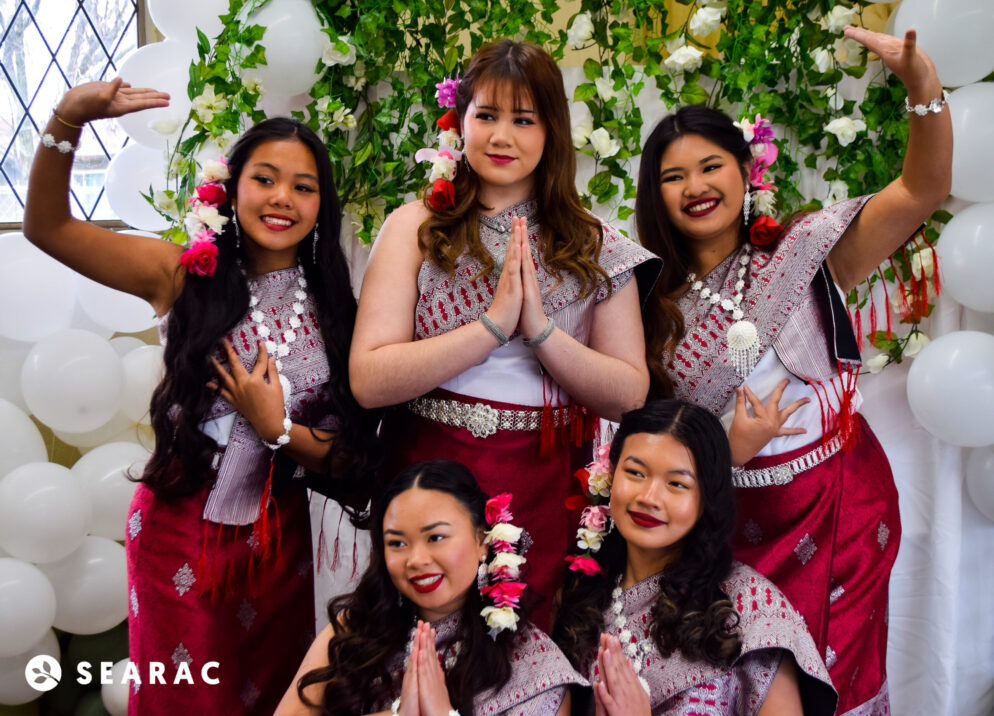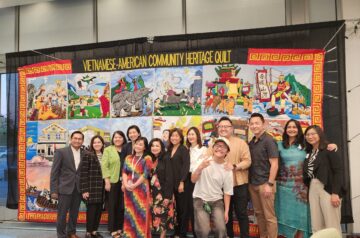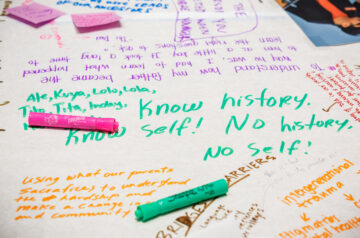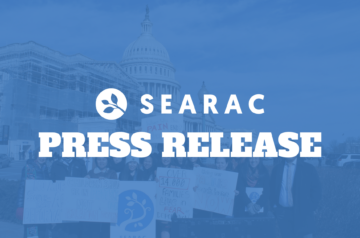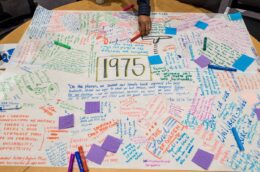Learning about the histories, culture, and experiences of our diverse communities, including SEAAs, benefits all students.
Key resources:

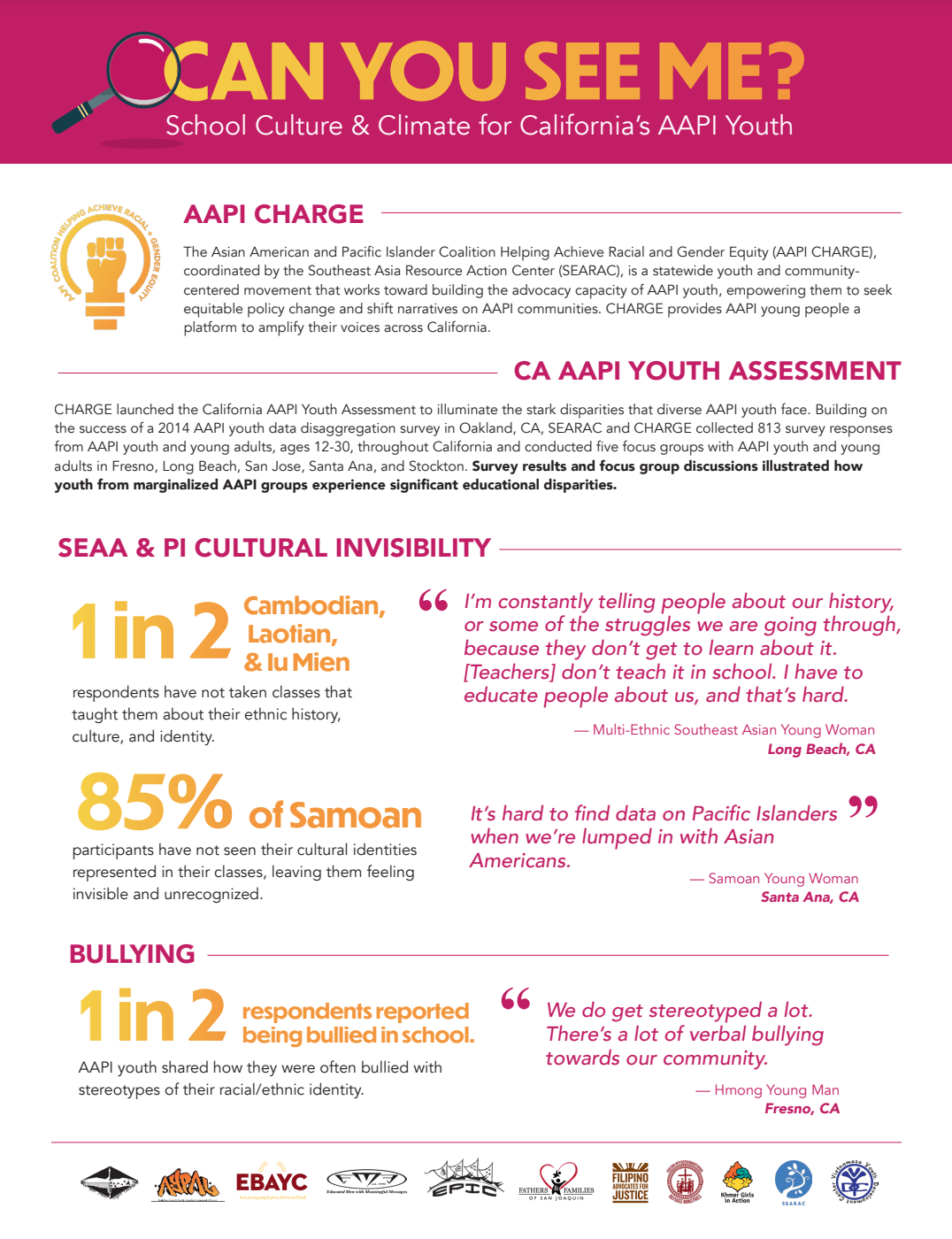
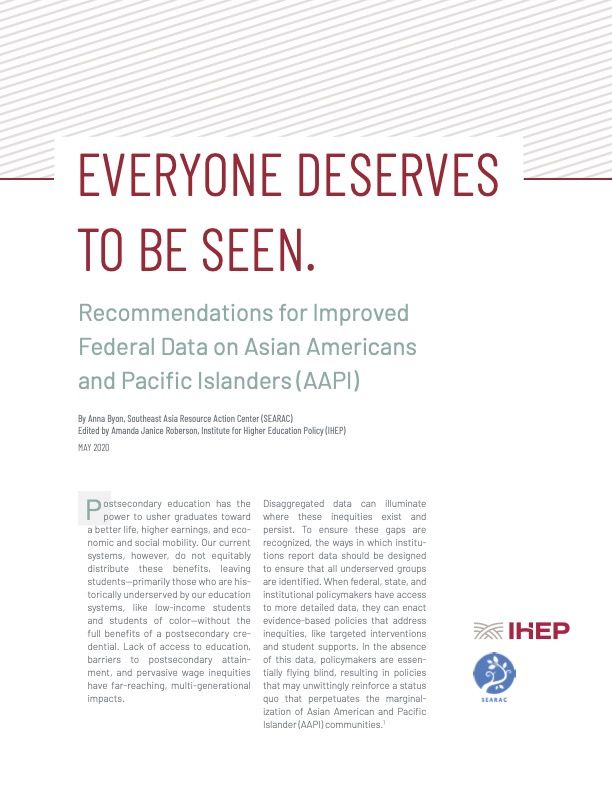
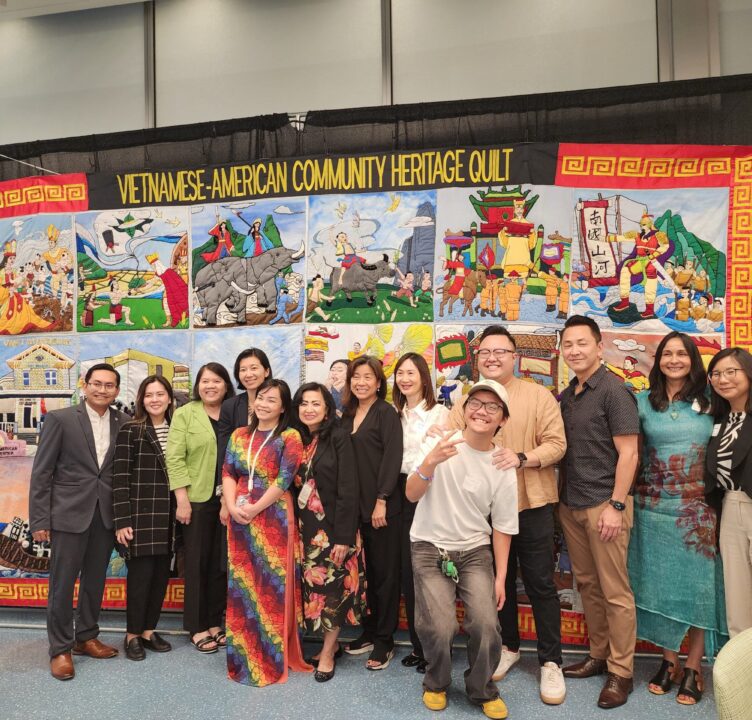
Featured story
Model Curricula on Vietnamese, Cambodian, and Hmong Experiences Now Available
Sacramento, CA – SEARAC is thrilled to announce that the website on the California Department of Education’s ethnic studies model curricula on Cambodian American Studies, Hmong History and Cultural…
Learn more“I’m constantly telling people about our history, or some of the struggles we are going through, because they don’t get to learn about it. [Teachers] don’t teach it in school. I have to educate people about us, and that’s hard.”
From our “Can You See Me” report
“Next year, it will be 50 years since our Hmong families left their homeland to escape war and come to America, and yet many people still don’t know why we are here and who we are.”
AAPI Coalition of Wisconsin
“Recognizing the Laotian refugee experience in our schools not only provides Southeast Asian American youth with the visibility, acknowledgment, and celebration they deserve but also enriches the education of all students by deepening their understanding around a subject that is historically overlooked.”
Laotian American National Alliance

“Ethnic studies is particularly important for Asian Americans because the racialization of Asian Americans is deeply haunted by American and European military intervention and imperialism in Asia and the foundations of settler-colonialism and anti-Blackness in the United States.”
SEARAC intern
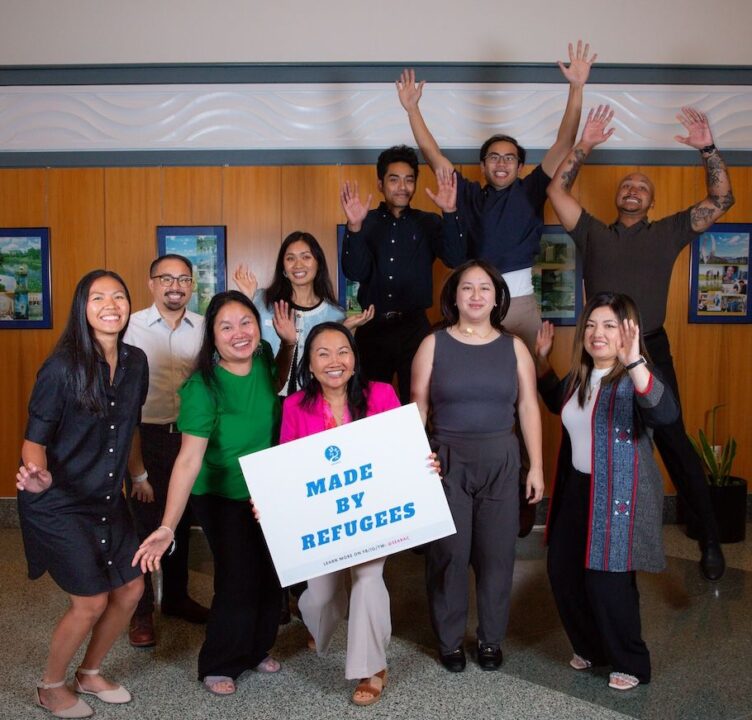
Subscribe to our newsletter for the latest updates on the SEARAC community, and to learn more about how you can get involved.
Join @SEARAC and @seafnofficial for a virtual event celebrating the reintroduction of the Southeast Asian Deportation Relief Act #SEADRA. SEADRA is crucial to restoring humanity and compassion to our immigration system for impacted community members and would end Southeast Asian deportation as we know it. Join us Feb. 19 at 1pm ET/10am PT on Zoom or Facebook. Register at bit.ly/SEADRA2026event.
Feb 13

Thank you to our partners at @seafnofficial for their in-langue Know Your Rights videos, especially as Southeast Asian refugee and immigrant communities are being targeted by ICE. The videos are available in Hmong, Lao, Khmer, and Vietnamese and you can access them on SEAFN’s YouTube (@seafnofficial).
Feb 10

Believe in community leadership and collective power? Support SEARAC’s Leadership and Advocacy Training (LAT) by becoming a sponsor.
Sponsoring LAT means investing in people, movements, and long-term change. Join us in building the next generation of Southeast Asian American leaders. Learn more at bit.ly/2026LATsponsor
Feb 9

Over the past two years, Thuy Do, SEARAC Senior California Program Manager, has partnered with the @ocdehistory and community organizations to bring Southeast Asian American ethnic studies across California.
Thuy writes, “My experiences in these gatherings were emotional and healing, because I got to see, learn and connect with others to advance ethnic studies education through community voices.”
Read more about how community voices continue to shape the future of ethnic studies education in California at the link in our bio!
Feb 7

This is a final reminder that applications for SEARAC`s Leadership and Advocacy Training program are due Sunday, Feb. 8. SEARAC is excited to welcome our next cohort to the nation’s capital this July for our LAT program. Apply to LAT today at bit.ly/LAT2026app!
Feb 6


